Celebrating Excellence in the Workplace
The value placed on workplace culture has never been higher. It’s important to create a workplace environment where employees feel not just satisfied but truly proud to be a member of the team. Our workplace culture reflects the commitment of our team members and leadership. In 2023, these efforts were celebrated as we proudly received Top Workplace recognition by distinguished publications such as the Chicago Tribune and Detroit Free Press, alongside being acknowledged as a Best Place to Work by the Central Penn Business Journal.
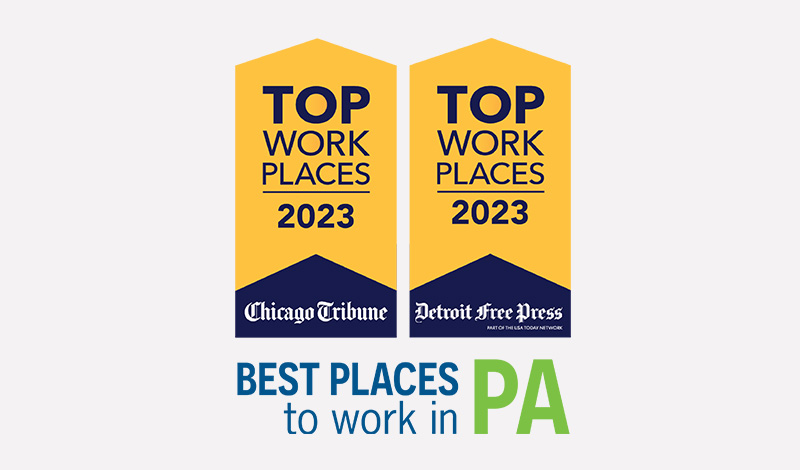
13 Years of Top Workplace Recognition
This acknowledgement represents our unwavering commitment to cultivating a supportive and passionate work culture among our team. Our journey of recognition spans several years, with accolades by the Detroit Free Press since 2011 for our Troy, Michigan Home Health and Hospice programs, and since 2018 for our Lapeer, Michigan Home Health and Hospice programs, showcasing our consistent dedication to our team’s satisfaction. Similarly, our Illinois Home Health and Hospice programs have been recognized as a top workplace by Chicago Tribune for a multitude of years (2018-2019 and 2021-2023).
The Top Workplaces distinction by Chicago Tribue and Detroit Free Press, evaluated solely through employee feedback, measures various aspects of the workplace experience, including values, inclusion, communication, training, benefits, and more. Best Places to Work recognition by the Central Penn Business Journal includes a comprehensive evaluation of workplace policies, practices, demographics, and an insightful employee survey. “This year’s 2023 Best Places to Work in PA winners make sure their teams feel appreciated, engaged and challenged. They foster a positive environment for innovative teams to thrive,” said Suzanne Fischer-Huettner, managing director of BridgeTower Media/Central Penn Business Journal and Lehigh Valley Business.
Industry-Leading Employer in Home Health and Hospice
At Residential Healthcare Group, we care where you are, prioritizing that our home health and hospice teams feel valued, respected, and empowered. This is exemplified through our benefits programs, comprehensive onboarding programs, and flexible scheduling opportunities. It’s not just about achieving recognition; it’s about continuously striving to enhance our workplace culture and experiences for all who impactfully contribute to the care of our patients and their families.




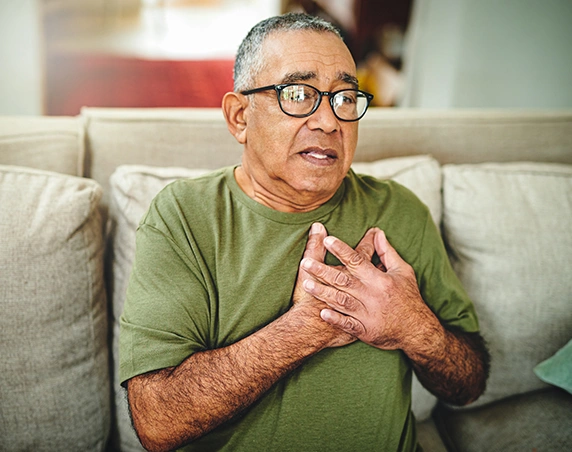

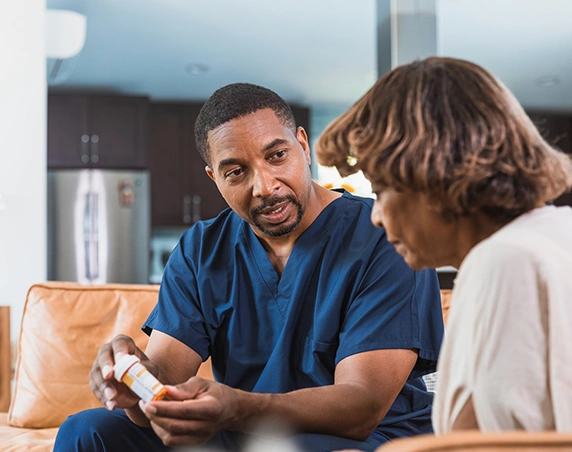
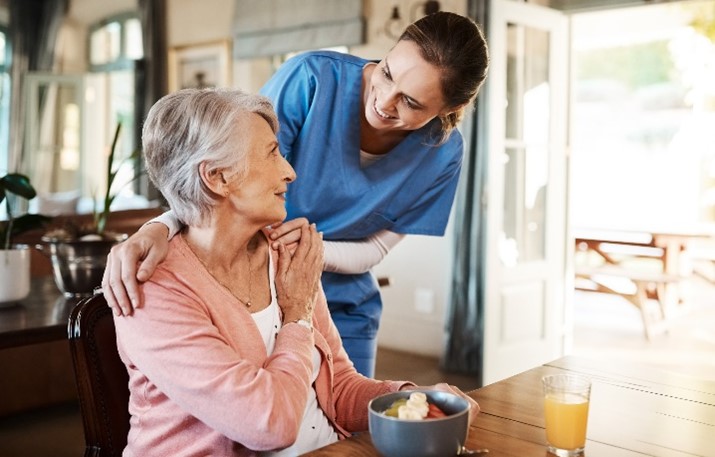

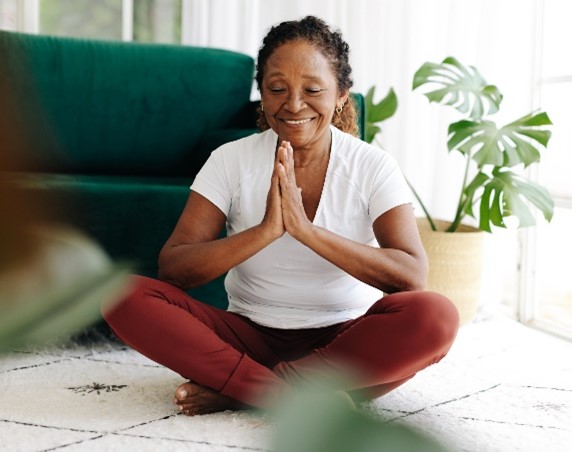

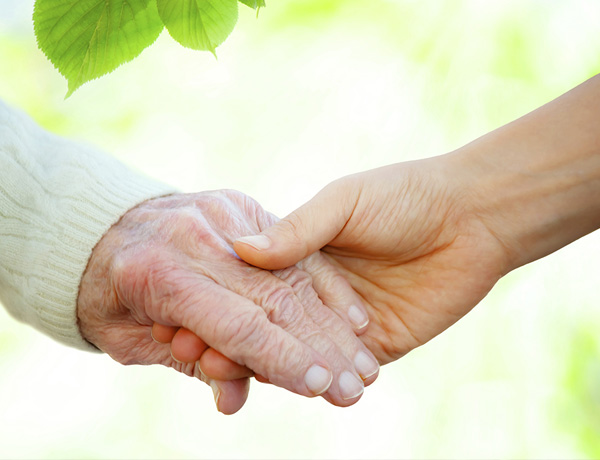 When adults teach children about manners, they might remind them to say ‘please’ by prompting, ‘What’s the magic word?’ This is our introduction to ‘please’ — as the gateway to getting anything we want, whenever we want it. But by the time we reach adulthood and better understand politeness, the word loses a bit of its luster, no longer a mystical source of instant gratification.
When adults teach children about manners, they might remind them to say ‘please’ by prompting, ‘What’s the magic word?’ This is our introduction to ‘please’ — as the gateway to getting anything we want, whenever we want it. But by the time we reach adulthood and better understand politeness, the word loses a bit of its luster, no longer a mystical source of instant gratification. For aging adults who live independently, adjusting their home environment for reasons of safety or accessibility can feel like an admission of defeat. However, putting off such improvements exposes aging individuals to greater risk of even more serious injuries — the kind that threaten the very self-sufficiency they are protecting. Rather than ignoring the changing needs and capabilities that often come with age, the best way to preserve independence and continue aging in place is to welcome these alterations as a way to stay safely at home.
For aging adults who live independently, adjusting their home environment for reasons of safety or accessibility can feel like an admission of defeat. However, putting off such improvements exposes aging individuals to greater risk of even more serious injuries — the kind that threaten the very self-sufficiency they are protecting. Rather than ignoring the changing needs and capabilities that often come with age, the best way to preserve independence and continue aging in place is to welcome these alterations as a way to stay safely at home.
